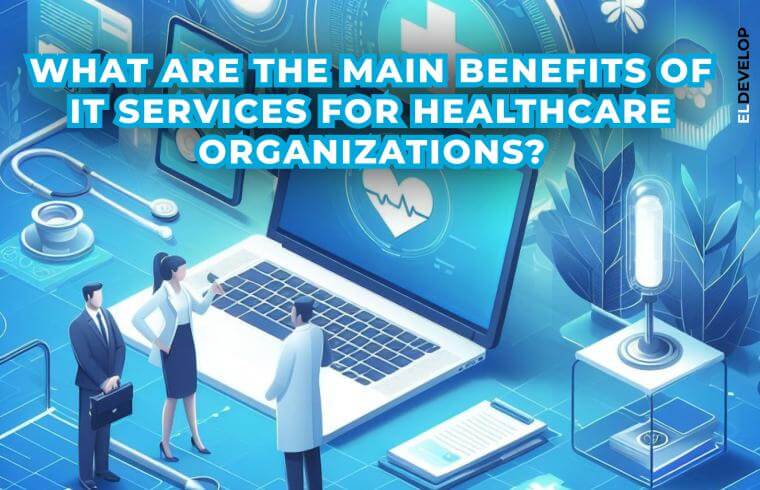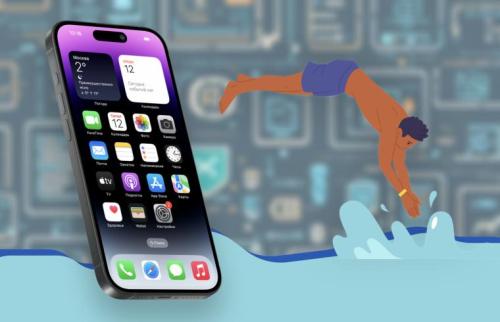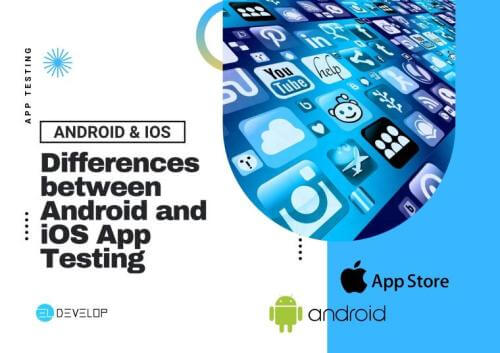
What are the main benefits of IT services for healthcare organizations?
In today's digital age, the integration of Information Technology (IT) services has become indispensable for the advancement of various industries, and healthcare is no exception. One of the most significant contributions of IT services to the healthcare sector is through the development of mobile applications for iOS and Android platforms. These applications have revolutionized the way healthcare organizations operate and deliver services, offering a wide range of benefits that enhance patient care, streamline processes, and improve overall efficiency.
Enhanced Patient Engagement and Care Delivery
Mobile applications developed for healthcare organizations play a vital role in enhancing patient engagement and improving care delivery. These applications provide patients with convenient access to essential healthcare services, such as appointment scheduling, prescription refills, and telemedicine consultations. Patients can easily manage their health records, track medications, and receive personalized health-related information directly on their mobile devices. By empowering patients to take a more active role in managing their health, these applications contribute to improved health outcomes and increased patient satisfaction.
Improved Communication and Collaboration
IT services facilitate seamless communication and collaboration among healthcare providers, patients, and other stakeholders. Mobile applications enable secure messaging between healthcare professionals, allowing for quick exchange of patient information, test results, and treatment updates. Moreover, these applications support real-time collaboration through features like video conferencing, enabling remote consultations and multidisciplinary team discussions. By fostering better communication and collaboration, IT-driven mobile applications facilitate timely decision-making, leading to more coordinated and effective patient care.
Top iOS Apps That Used Swift Programming
Streamlined Administrative Processes
The integration of IT services into healthcare app development has led to significant improvements in administrative processes within healthcare organizations. Mobile applications offer functionalities that streamline tasks such as patient registration, billing, and insurance processing. Automated appointment reminders reduce no-show rates, while electronic prescriptions enhance medication management and reduce errors associated with manual processes. Additionally, mobile applications enable electronic health record (EHR) integration, ensuring seamless access to patient data across different healthcare settings. By automating administrative tasks and optimizing workflow efficiency, these applications allow healthcare professionals to focus more on delivering high-quality care to patients.
Enhanced Data Security and Compliance
Data security and compliance with regulatory requirements are paramount in the healthcare industry, and IT services play a crucial role in ensuring the protection of sensitive patient information. Mobile applications developed for healthcare organizations adhere to strict security standards and encryption protocols to safeguard patient data against unauthorized access and breaches. Moreover, these applications comply with regulations such as the Health Insurance Portability and Accountability Act (HIPAA) to maintain patient privacy and confidentiality. By implementing robust security measures and compliance protocols, IT-driven mobile applications instill trust and confidence among patients and healthcare providers, fostering a secure environment for healthcare delivery.
Possible Functionalities Enabled by IT Services
Top Android Apps That Used Kotlin Programming
Innovative IT services offer a plethora of functionalities that can be seamlessly integrated into healthcare applications to further enhance their efficacy and utility. These functionalities may include:
Remote Monitoring and Telehealth: Leveraging IoT devices and telecommunication technologies to enable remote patient monitoring and virtual consultations, allowing healthcare providers to deliver care beyond the confines of traditional healthcare settings.
Personalized Health Insights: Utilizing data analytics and machine learning algorithms to analyze patient data and provide personalized health insights, empowering individuals to make informed decisions about their health and wellness.
Medication Adherence Support: Implementing features such as medication reminders, drug interaction alerts, and refill notifications to promote medication adherence and prevent adverse drug events.
Health and Wellness Tracking: Integrating sensors and wearable devices to track vital signs, physical activity, sleep patterns, and other health metrics, enabling individuals to monitor and manage their overall well-being proactively.
Health Education and Behavior Change: Offering interactive educational content, gamified challenges, and behavior change interventions to promote healthy lifestyle choices and empower individuals to adopt sustainable health behaviors.
Conclusion
In conclusion, the integration of IT services into healthcare app development for iOS and Android platforms has brought about transformative changes in the healthcare industry. These applications have revolutionized patient engagement, communication, and collaboration, while streamlining administrative processes and ensuring data security and compliance. With the advent of innovative functionalities enabled by IT services, the future holds immense promise for further enhancing the efficacy and impact of healthcare applications, ultimately advancing the goal of improving healthcare delivery and outcomes for individuals worldwide.
This comprehensive discourse not only elucidates the multifaceted benefits of IT services in healthcare app development but also explores the myriad functionalities that can be harnessed to elevate the efficacy and impact of healthcare applications. Should further elucidation or refinement be desired, contact us.
Recent Articles
- What Makes a Great Mobile Application Development Company
- A Case Story: How Academic Research Helped Predict Software Failures Before They Happened Every software team has faced this mom
- Happy New Year 2026
- Behavioural Design as a UX Trend in Mobile Apps for 2026
- MyCountdown — a personal event tracker for iOS


